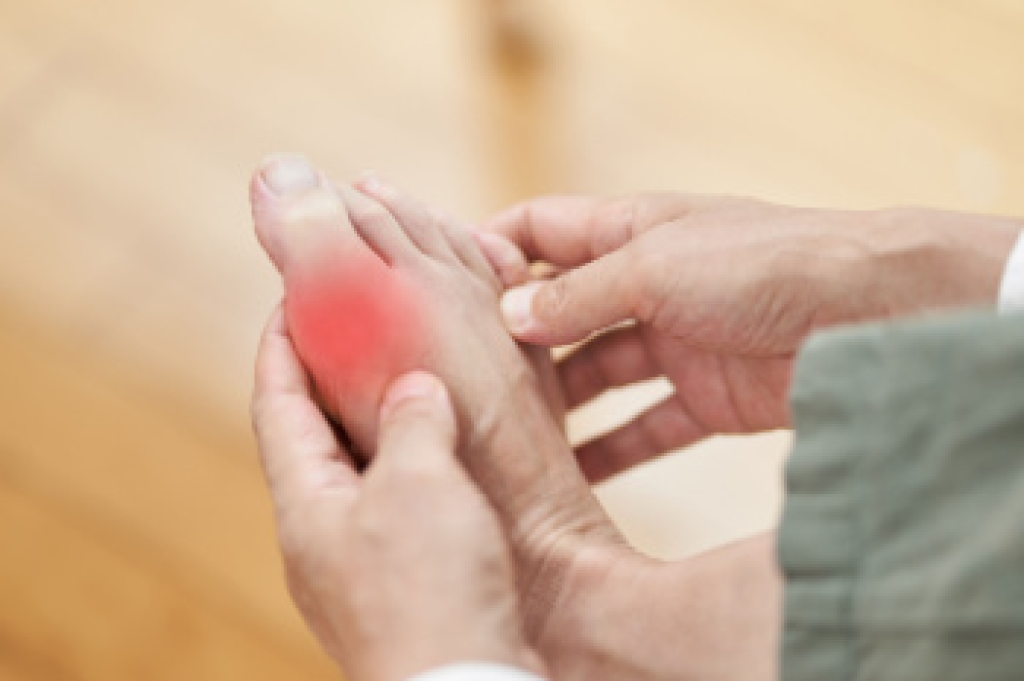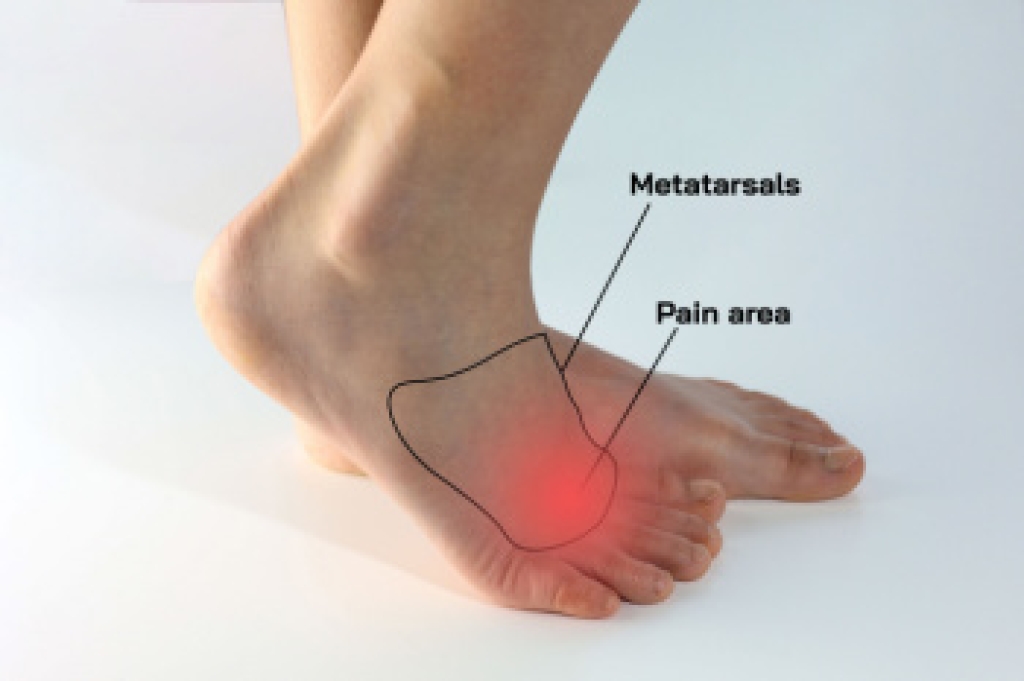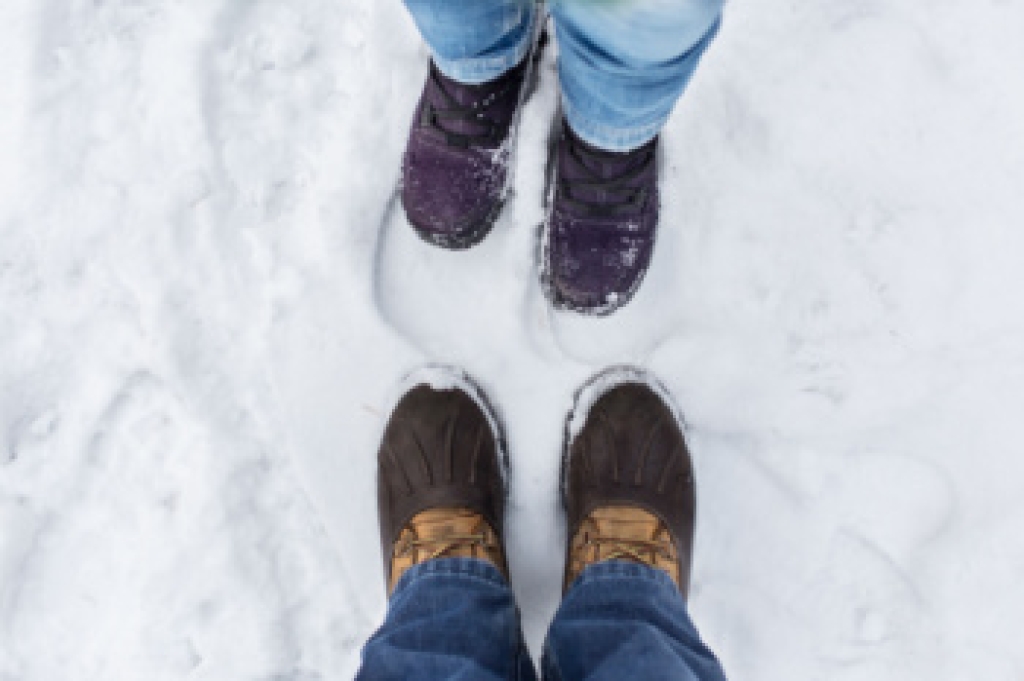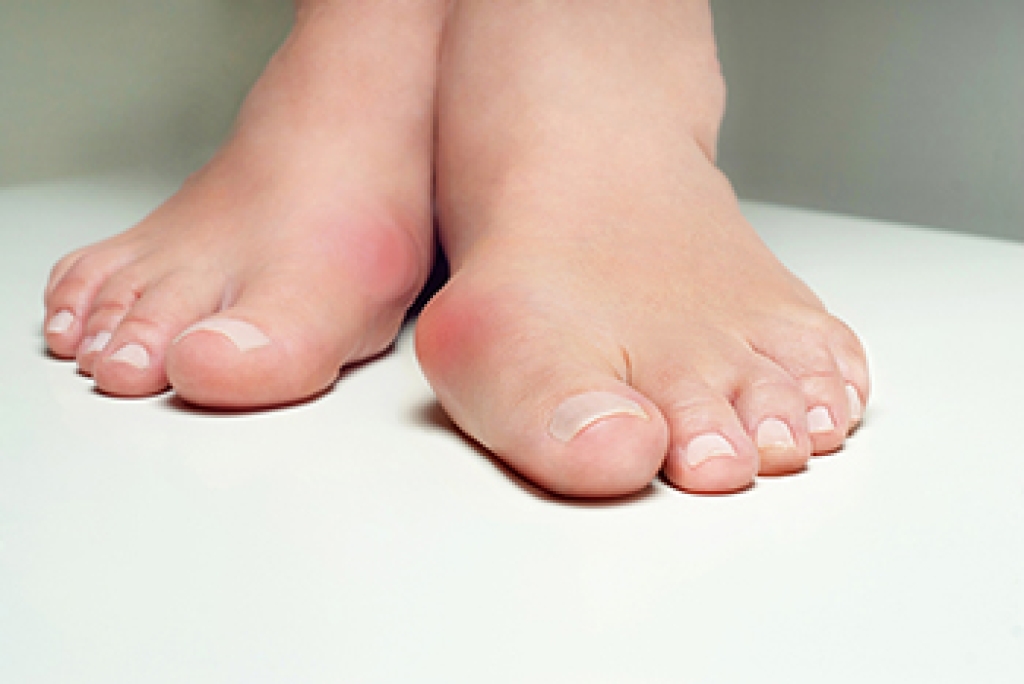
Gout is a type of arthritis that can occur suddenly, often at night, causing severe pain and swelling in the affected joint. It is the result of uric acid building up in the bloodstream and forming crystals that deposit in joints, particularly in the big toe. This can result from consuming too many purine-rich foods like red meat, shellfish, and alcohol, or due to kidney issues that prevent uric acid from being excreted properly. Symptoms include intense joint pain, swelling, redness, and warmth, which can feel like a throbbing or burning sensation. The pain may be so severe that even the weight of a sheet can be unbearable. Gout attacks can last for days and may recur if left untreated. A podiatrist can help by diagnosing gout through a physical exam, blood test, or joint fluid analysis. They may recommend lifestyle changes, medications, or other specific treatments to relieve pain and prevent future attacks. If you are dealing with this condition, it is suggested that you make an appointment with a podiatrist for care.
Gout is a foot condition that requires certain treatment and care. If you are seeking treatment, contact Philip C. Caswell, DPM from Family Foot & Ankle Care. Our doctor will treat your foot and ankle needs.
What Is Gout?
Gout is a type of arthritis caused by a buildup of uric acid in the bloodstream. It often develops in the foot, especially the big toe area, although it can manifest in other parts of the body as well. Gout can make walking and standing very painful and is especially common in diabetics and the obese.
People typically get gout because of a poor diet. Genetic predisposition is also a factor. The children of parents who have had gout frequently have a chance of developing it themselves.
Gout can easily be identified by redness and inflammation of the big toe and the surrounding areas of the foot. Other symptoms include extreme fatigue, joint pain, and running high fevers. Sometimes corticosteroid drugs can be prescribed to treat gout, but the best way to combat this disease is to get more exercise and eat a better diet.
If you have any questions, please feel free to contact our office located in Sparta, NJ . We offer the newest diagnostic and treatment technologies for all your foot care needs.




